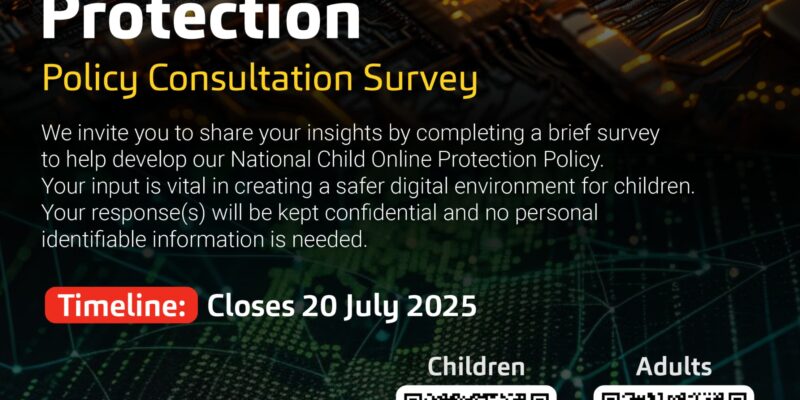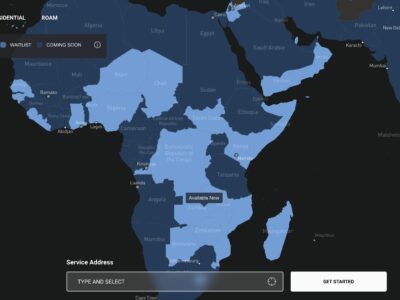The Ministry of Information Communication Technology (ICT), Postal and Courier Services under the leadership of Hon. Tatenda A Mavetera has launched a nationwide consultation survey to gather public input for the development of a National Child Online Protection Policy. The initiative aims to create a safer digital environment for children, addressing growing concerns about online risks such as cyberbullying, exploitation, and exposure to harmful content.
The ministry is urging parents, educators, children, and stakeholders to participate in the survey, which closes on 20 July 2025. The feedback will shape policies to safeguard young internet users while promoting responsible digital citizenship.
With the rapid expansion of internet access in Zimbabwe, children are increasingly exposed to online platforms for education, entertainment, and social interaction. However, this digital growth comes with significant risks such as cyberbullying and harassment, online sexual exploitation and grooming, exposure to violent or inappropriate content and data privacy violations.
The National Child Online Protection Policy seeks to mitigate these threats by establishing guidelines for safe internet usage, strengthening legal frameworks, and promoting awareness campaigns.
The ministry has created two separate surveys to capture perspectives from different demographics.
The 20 questions survey for children is meant for those ages 8 to 17 and focuses on questions to with the amount of time children spend on the internet, the types of social media platforms they use and the kind of content they interact with. The questionnaire is structured to test the children’s level of awareness when it comes to the dangers of being on the internet and how to respond when met with harmful situations.
The adults’ surveys be it parents, guardians or educators is also constructed in a way that will help them discover if they are familiar with ways in which one can protect their younger ones from the harmful side of the internet. It touches on the aspect of parental control and the responsibility of protecting children from harmful online content.
The surveys are anonymous, with no personal identifiable information required. Participants are encouraged to share their experiences, concerns, and suggestions on how best to protect children online.
The policy at hand is meant to address several critical aspects of child online safety, including legal and regulatory measures, education and awareness like digital literacy programs for children, parents, and teachers. It will also take into consideration parental and institutional roles when it comes to the tools to monitor and guide children’s use of the internet.
Effective child online protection is not a one-man job, it requires a multi-stakeholder approach, involving government agencies, private sectors like internet service providers, civil society organisations, educators and parents
Zimbabwe’s move aligns with global efforts to enhance child online safety. The International Telecommunication Union (ITU) has long advocated for national child online protection policies, and countries like South Africa, Kenya, and Nigeria have implemented similar frameworks.
With the 20 July 2025 deadline approaching, the ministry is calling on all Zimbabweans to contribute their views. Whether as a parent, teacher, or young internet user, participation ensures that the policy is inclusive and effective.
As digital spaces become integral to daily life, protecting children online is no longer optional, it is a necessity. The National Child Online Protection Policy represents a proactive step toward securing Zimbabwe’s future generations in the digital age.














Comments